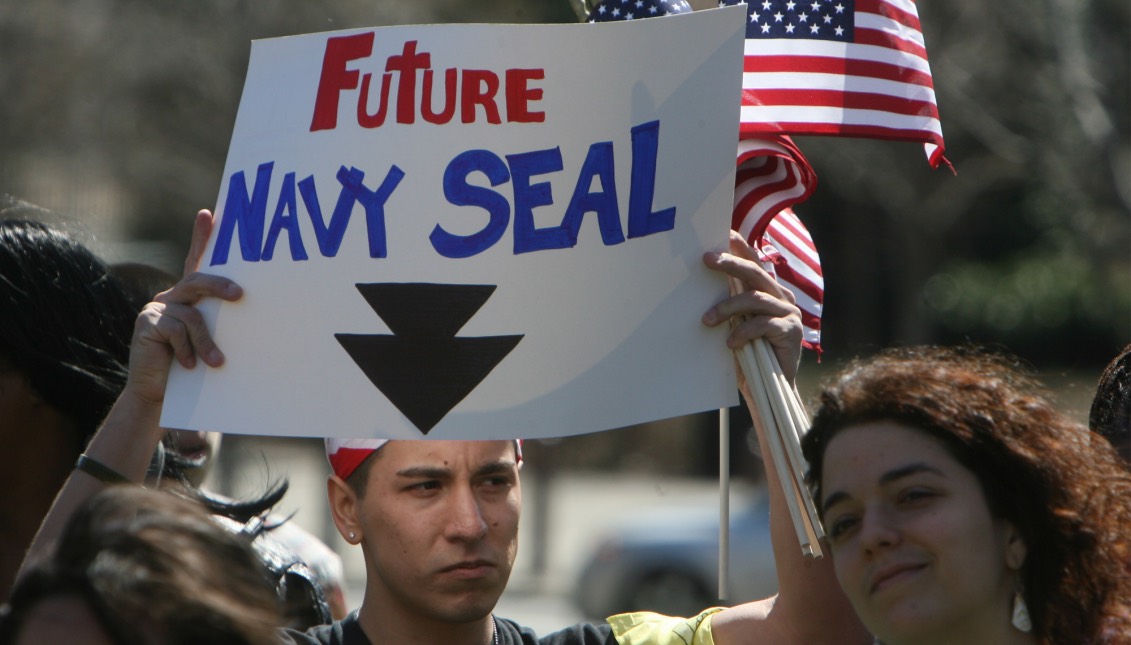
Courts battle it out over Obama’s executive action, while 428,000 face deportation
MÁS EN ESTA SECCIÓN
As if anyone needed a reminder of just how divided our national dialogue on immigration truly is, on Tuesday two distinct federal rulings were released.
One, issued by U.S. District Judge Andrew Hanen in Brownsville, refuses to remove a block on Obama’s executive actions on immigration which would provide temporary legal status to an estimated 5 million undocumented immigrants by expanding DACA, the deferred action program for undocumented youth, and by implementing DAPA, which allows parents of American citizens or green-card holders to to apply for both protection from deportation and a work permit.
The other decision, issued by the 5th Circuit U.S. Court of Appeals, ruled that ICE and the state of Mississippi lacked legal standing to sue over the President’s DACA program.
The Court of Appeals will be hearing April 17 whether the block imposed and reiterated in the recent ruling by Hanen should in fact be unblocked.
In case you need a refresher on which side is which:
The plaintiffs who originally brought suit against Obama’s executive action on immigration (and effectively blocked implementation of DAPA and the DACA expansion, originally scheduled for a February roll-out) were the (mostly Republican) governors and attorneys general of Alabama, Arizona, Arkansas, Florida, Georgia, Idaho, Indiana, Kansas, Louisiana, Maine, Michigan, Mississippi, Montana, Nebraska, Nevada, North Carolina, North Dakota, Ohio, Oklahoma, South Carolina, South Dakota, Tennessee, Texas, Utah, West Virginia and Wisconsin.
New Jersey isn’t a plaintiff state, but Gov. Chris Christie — perhaps in view of his potential presidential run in 2016 — filed a brief (along with Texas, Louisiana and South Dakota) urging the court of appeals to maintain the block.
Meanwhile, 14 states (California, Connecticut, Delaware, Hawaii, Illinois, Iowa, Maryland, Massachusetts, New Mexico, New York, Oregon, Rhode Island, Vermont and Washington) and the District of Columbia have asked the appeals court to remove the block.
They were joined Tuesday morning by 181 members of Congress (including Rep. Bob Brady and Rep. Chaka Fattah); 73 mayors and county officials from 27 states (including Mayor Michael Nutter); approximately 40 police chiefs (including Commissioner Charles Ramsey) and sheriff offices; more than 150 civil rights and advocacy organizations; 109 law professors from across the country, as well as a number of both faith and business leaders who filed amicus briefs asking for the blocked action to be unblocked.
What becomes immediately clear from the juxtaposition of plaintiffs who sued to block Obama’s executive action versus those filing amicus briefs to unblock it on appeals is, 1) the uniformity of the first group; and 2) the wide range of those prepared to say that the block is detrimental.
While the plaintiffs in the suit do include states like Texas, with a large number of undocumented immigrant residents, 14 of the states have undocumented populations that constitute less than 1 percent of their population, and five of those have less than 5,000 potentially eligible individuals. They cannot make the argument that they will be in any real way economically impacted by what the administration had proposed to do in terms of DACA and DAPA eligible immigrants, and instead can be understood only in terms of the ideological agendas of their Republican governors or AGs.
Those filing amicus briefs essentially in support of the President’s executive action, on the other hand, include traditionally conservative Evangelical groups and business interests as well as a broad swath of public officials and law enforcement folks — many of them working and living precisely in the plaintiff states — with a wide understanding of the benefits of implementing of the DACA and DAPA programs.
Meanwhile, to keep it all in perspective, as the courts battle it out and (hopefully) tease out some way to go forward, the Operating Policies and Procedures Memorandum of April 7, 2015, on new immigration-related enforcement priorities states that there are more than “428,000 pending proceedings on our dockets.”
For those 428,000 of course, the battle isn’t fought in federal courts but in the moments that remain before their lives are upended and they are separated from their families. Too few moments, and too uncertain to count on.






DEJE UN COMENTARIO:
¡Únete a la discusión! Deja un comentario.